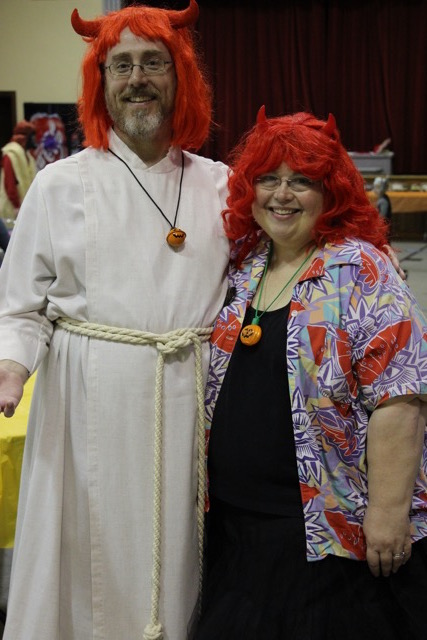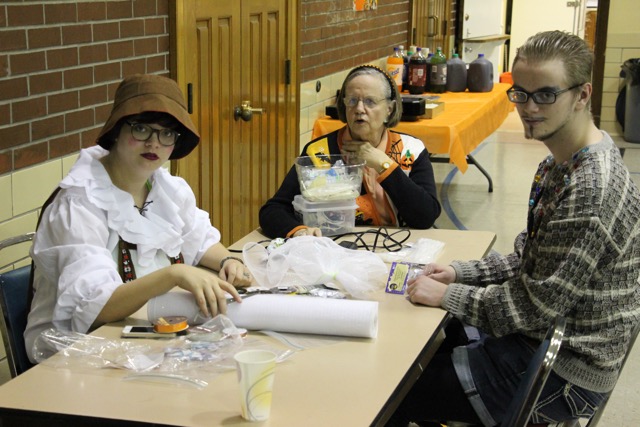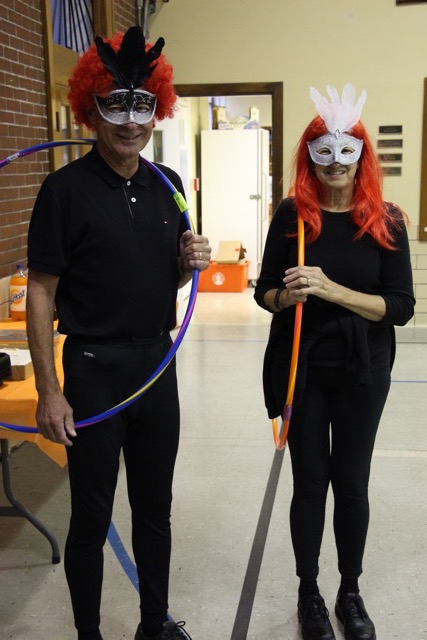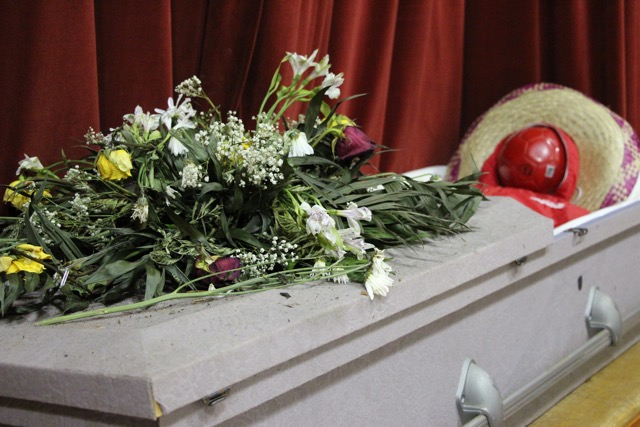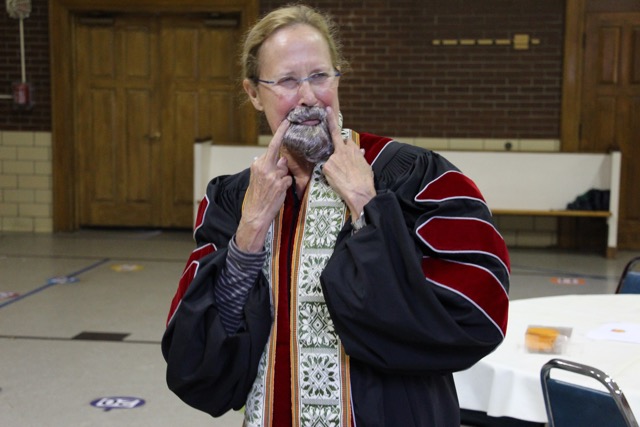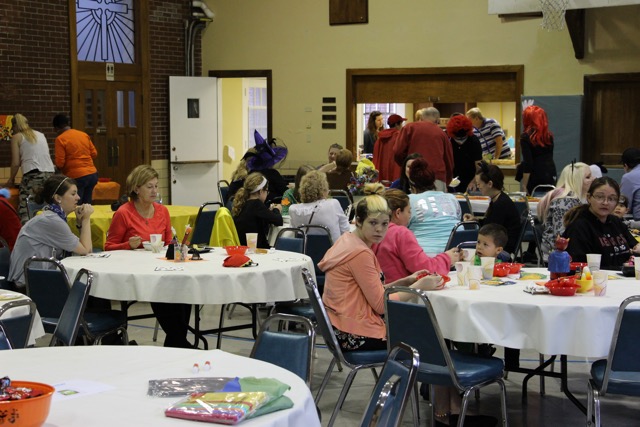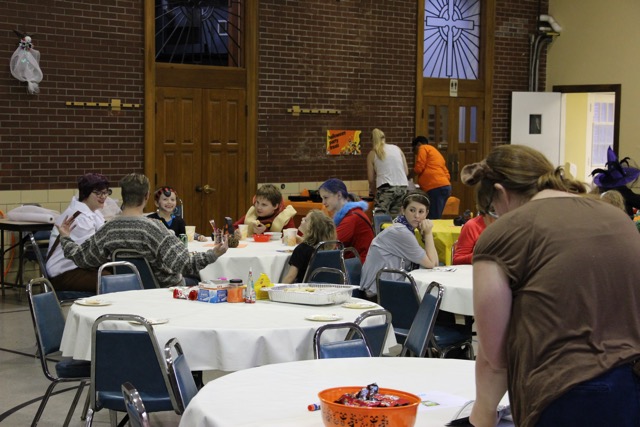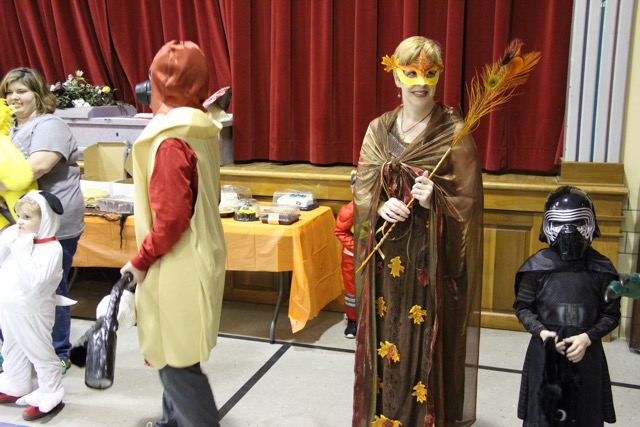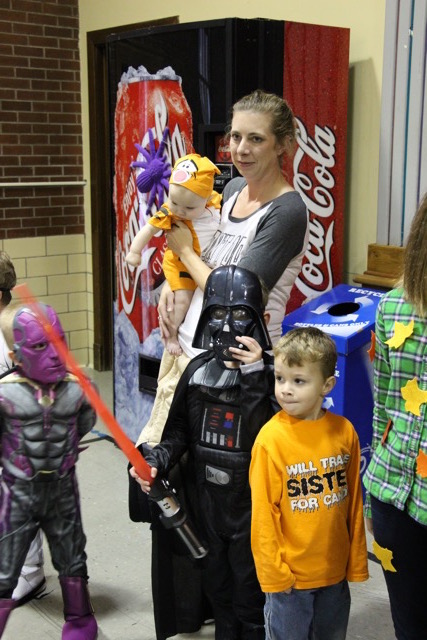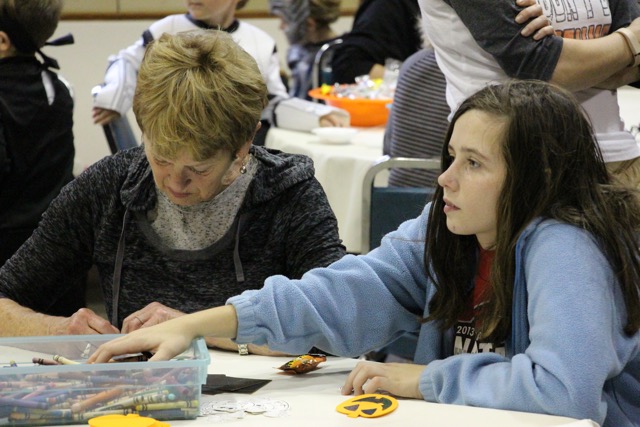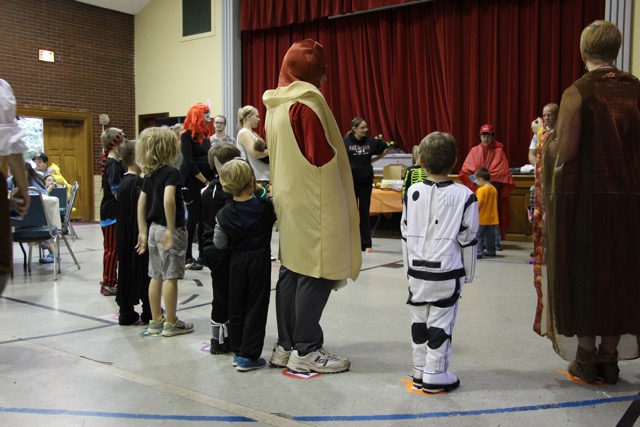By Derek Penwell
I was on my way to pick up my two older kids from high school when my wife called to tell me she had a flat tire. She was stuck only a couple of miles away, so I said I’d pick the kids up and come over to help change the tire right away.
When we got there, I went through the pain-in-the-neck stuff associated with replacing a flat tire with a spare. As my wife and I were working, it occurred to me almost immediately that my two teenagers displayed an appalling lack of curiosity about the practice of tire changing.
But my purpose in writing is not to complain about my kids. Frankly, I’m not sure how interested I’d be if I were them either. It was hot outside at the end of an already long day. You know how it goes. Why go looking for extra work if you don’t have to?
Afterward, though, I thought, What if my kids had a flat tire and their mother and I weren’t around? Then, of course, I felt guilty about not helping give them more life skills when I had the chance.
Leaving aside my own inadequacies as a parent, their lack of curiosity makes a certain amount of sense, if you take into account the fact that our culture has become so specialized that we’re conditioned to expect there must be an expert to call on whenever we run into problems. Even the proliferation of DIY shows is a subtle reminder to most of us that we do a whole lot more watching of DIY shows than actually DIY-ing.
Unfortunately, our culture’s inexorable march toward ever greater efficiency through specialization means we have been lulled into thinking that most problems require an expert. And often, we’re content to wait until the expert shows up before doing anything.
But, as I suspect we all know, there are times when no expert is available, while there are things we could actually do ourselves. What do we do when we’re in a situation where there are no experts to call? It happens.
Perhaps better put: What if I’m the only expert available … and I’m no expert?
That seems on its face like a stupid question. If I’m not an expert, I’m not an expert—no matter how nice it would be if I were.
Ok. Let’s change the question then. What if the situation I’m in doesn’t require an expert, but merely someone willing to brave the fear of failure to try something they’re not expert at?
Because, let’s face it, most of the problems we encounter don’t require an auto mechanic, or a brain surgeon, or an attorney. We’re much more capable than we give ourselves credit for.
[Disclaimer: There are problems that require expert attention. Regardless of the movies, you’re probably not going to be able to land that 747 manually after the pilot has been rendered unconscious and the radio useless, using only your native intelligence and plucky can-do spirit.]
With what seems like the constant drum beat announcing the inevitable demise of institutional Christianity, the church often finds itself in the same boat, looking for an expert to help us fix what we’re convinced is fixable. But the enduring belief that what’s wrong with us is fixable by the right expert has two problematic assumptions that keep us mired in anxiety and brokenness.
First, not all problems are fixable—even if you lay all the experts end to end at the foot of them. Many factors that contribute to congregational decline, for instance, are beyond anyone’s control, let alone ability to fix. Population density. Traffic patterns. Demographic shifts. Geographic location. Quit punishing yourself for things you can’t control.
Second, often the “experts” are unavailable to you. They’re big and important, and, if you don’t mind me saying so, you’re not. (Neither am I, so don’t email me.) What if you’re stuck, having to change your own dang tire?
See where I’m going with this? Most of the time, what we need isn’t so much an expert as a group of people convinced that the challenges we face aren’t insurmountable, if we’ll risk failing and just get in there and do it. Often what congregations need has less to do with some mysterious cache of technical knowledge available only to experts than with cultivating a group of people who believe we already possess the fundaments that will allow us to face the challenge before us.
Waiting for an expert to fix your problem may be what you have to do. But more often than not, waiting for an expert to fix your problem is only justification for not trying because you don’t think you can, or because you’re afraid you’ll fail.
But for those who follow an unemployed revolutionary executed by the state, failure should be something we’re not only used to, but embrace.












